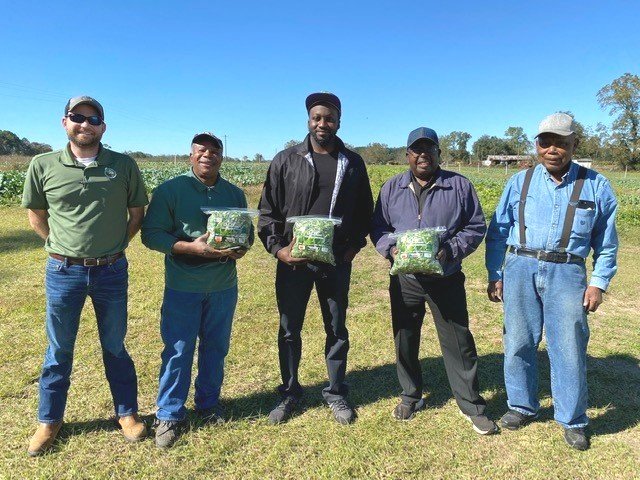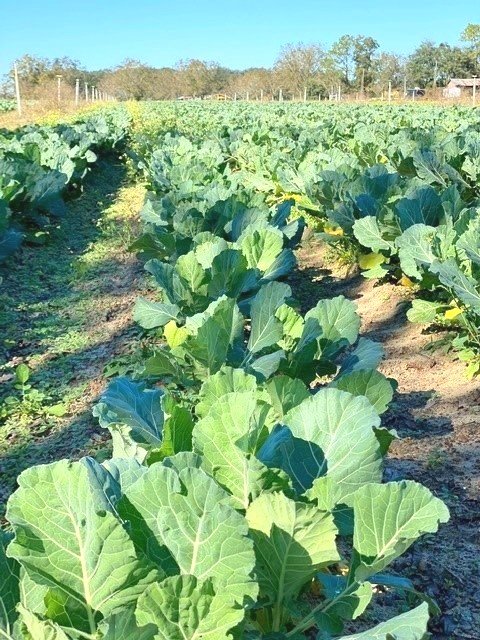
Education and outreach: removing barriers in USDA GAP programs
Consumers are demanding to know more about food safety practices than ever before. Foodborne-related illnesses are linked to a major increase in public awareness, and many growers and handlers are now being required to demonstrate a commitment to food safety through third-party audits, known as a Good Agricultural Practices (GAP) certification. The USDA GAP Audit Program is a voluntary audit program that was developed to assist growers to meet buyer specifications and/or industry best practices and provide them with better access to markets. However, adoption by growers and acceptance by buyers has been limited. As a result, Michigan State University (MSU) partnered with the USDA-Agricultural Marketing Service (AMS) to identify barriers to the GAP Programs.
Purpose
The Foundation’s cooperative agreement through the USDA-AMS is to provide an education and outreach strategy to remove the barriers identified by MSU to USDA GAP Program participation. A pilot education and outreach program will be developed to address the barriers associated with GAP products, including GroupGAP. The pilot will bring GAP awareness and outreach to small, socially disadvantaged, and underserved growers.
Why Group GAP?
The Group GAP program makes food safety certification accessible for small growers and opens new doors to larger, more stable, and more profitable markets. It allows growers, food hubs, and marketing organizations of all sizes to band together and pool resources to achieve USDA GAP certification as a group.

Resources
If you would like more information on this project or are small grower interested in participating in group GAP, please reach out to Janna Spruill, Project Manager.


